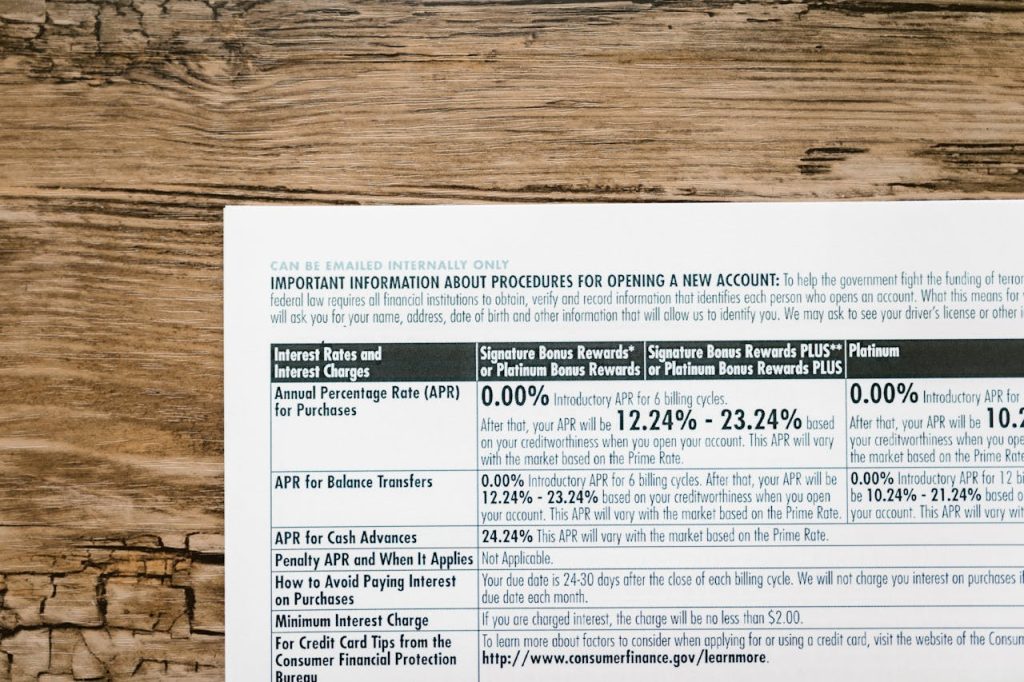
Staying on top of your finances is tough, especially as the year winds down. The holidays, travel, and last-minute expenses can distract anyone. But missing key deadlines or forgetting about certain rules can cost you. Some financial penalties only show up late in the year, and they can hit your wallet hard. Knowing what to watch for can help you avoid these costly mistakes. Here are ten financial penalties that often sneak up on people as the year ends—and what you can do to steer clear of them.
1. Required Minimum Distribution (RMD) Misses
If you’re 73 or older, you must take a required minimum distribution (RMD) from your retirement accounts by December 31. Miss this, and the IRS can hit you with a penalty of 25% of the amount you should have withdrawn. That’s a big chunk of your savings gone. Even if you fix the mistake quickly, you might still owe 10%. Mark your calendar and double-check with your account provider.
2. Flexible Spending Account (FSA) Forfeitures
FSAs are “use it or lose it.” If you don’t spend your FSA funds by the end of the plan year (often December 31), you could lose the money. Some employers offer a short grace period or let you roll over a small amount, but not all do. Check your plan’s rules. Schedule medical appointments or buy eligible items before the deadline. Don’t let your hard-earned money disappear.
3. Missed Charitable Contribution Deadlines
Charitable donations can lower your tax bill, but only if you make them by December 31. If you wait until January, you’ll have to wait another year to claim the deduction. This can be a problem if you’re counting on the deduction to offset other income. Make sure your donations are processed before the year ends. Keep receipts and records for tax time.
4. Late Estimated Tax Payments
If you’re self-employed or have other income not subject to withholding, you need to make estimated tax payments. The final payment for the year is due in January, but missing earlier deadlines can trigger penalties. The IRS charges interest and penalties for underpayment. Review your income and make sure you’re on track. Use the IRS payment calculator if you’re unsure.
5. Health Insurance Open Enrollment Misses
Open enrollment for health insurance usually ends in December. Miss it, and you might be stuck without coverage or face higher premiums. Some states have different deadlines, but most plans lock you out until the next year unless you have a qualifying event. Set reminders and review your options early. Don’t wait until the last minute.
6. Missed 401(k) Contribution Deadlines
You can only contribute to your 401(k) for the current year until December 31. If you want to max out your contributions, act before the year ends. Missing this deadline means you lose out on tax benefits and employer matches for the year. Check your pay schedule and talk to HR if you need to adjust your contributions.
7. Overdrawing Investment Accounts
Some people try to time the market or make last-minute trades before the year ends. If you overdraw your investment account or violate margin rules, you could face penalties or forced sales. These mistakes can be costly and may trigger tax consequences. Know your account limits and avoid risky moves when you’re rushing to meet year-end goals.
8. Missing Student Loan Payments During the Holidays
The holidays can be distracting, and it’s easy to forget about student loan payments. Late payments can lead to fees, higher interest, and even damage your credit score. Some servicers offer forbearance or deferment, but you need to ask. Set up automatic payments or reminders to avoid missing a due date.
9. Late Property Tax Payments
Many local governments set property tax deadlines in November or December. Miss the deadline, and you could face late fees, interest, or even a lien on your property. These penalties add up fast. Check your local tax office’s website for due dates and payment options. Pay early if you can.
10. Overcontributing to IRAs
If you contribute more than the annual limit to your IRA, you’ll face a 6% penalty on the excess amount for each year it remains in the account. This mistake often happens when people try to “catch up” at the end of the year. Double-check your contributions and withdraw any excess before the deadline to avoid penalties.
Staying Ahead of Year-End Financial Pitfalls
Year-end can be stressful, but a little planning goes a long way. These financial penalties often catch people off guard because they’re tied to the calendar. Mark important dates, set reminders, and review your accounts before the year wraps up. Small steps now can save you a lot of money and stress later. Staying organized is the best way to avoid these late-year financial penalties.
Have you ever been hit with a year-end financial penalty? Share your story or tips in the comments below.
Read More
8 Cringeworthy Promotions That Foreshadow Fraudulent Financial Advice
6 Phone App Permissions That Spy on Your Financial Life
The post 10 Financial Penalties Triggered Late in the Year appeared first on The Free Financial Advisor.







